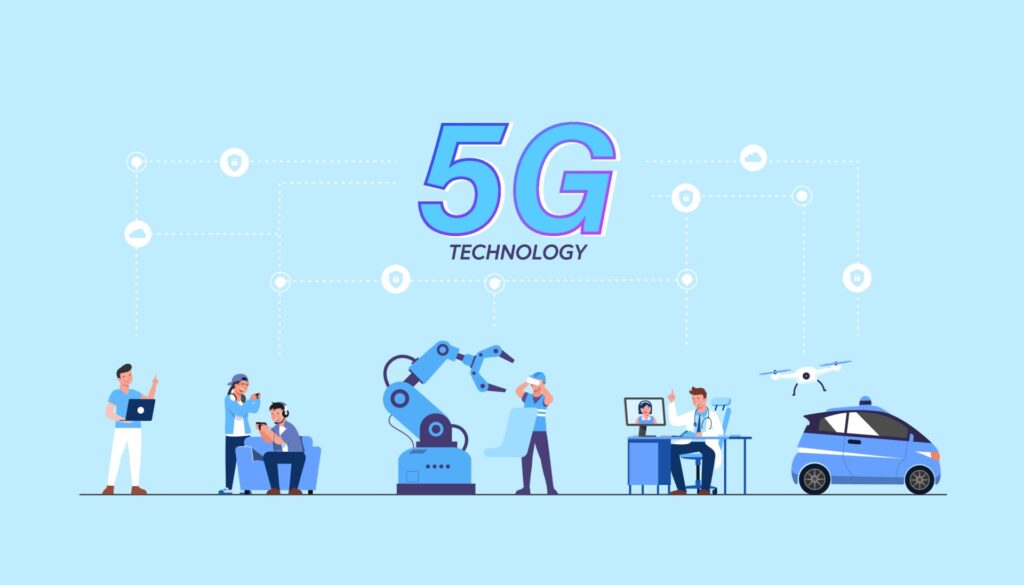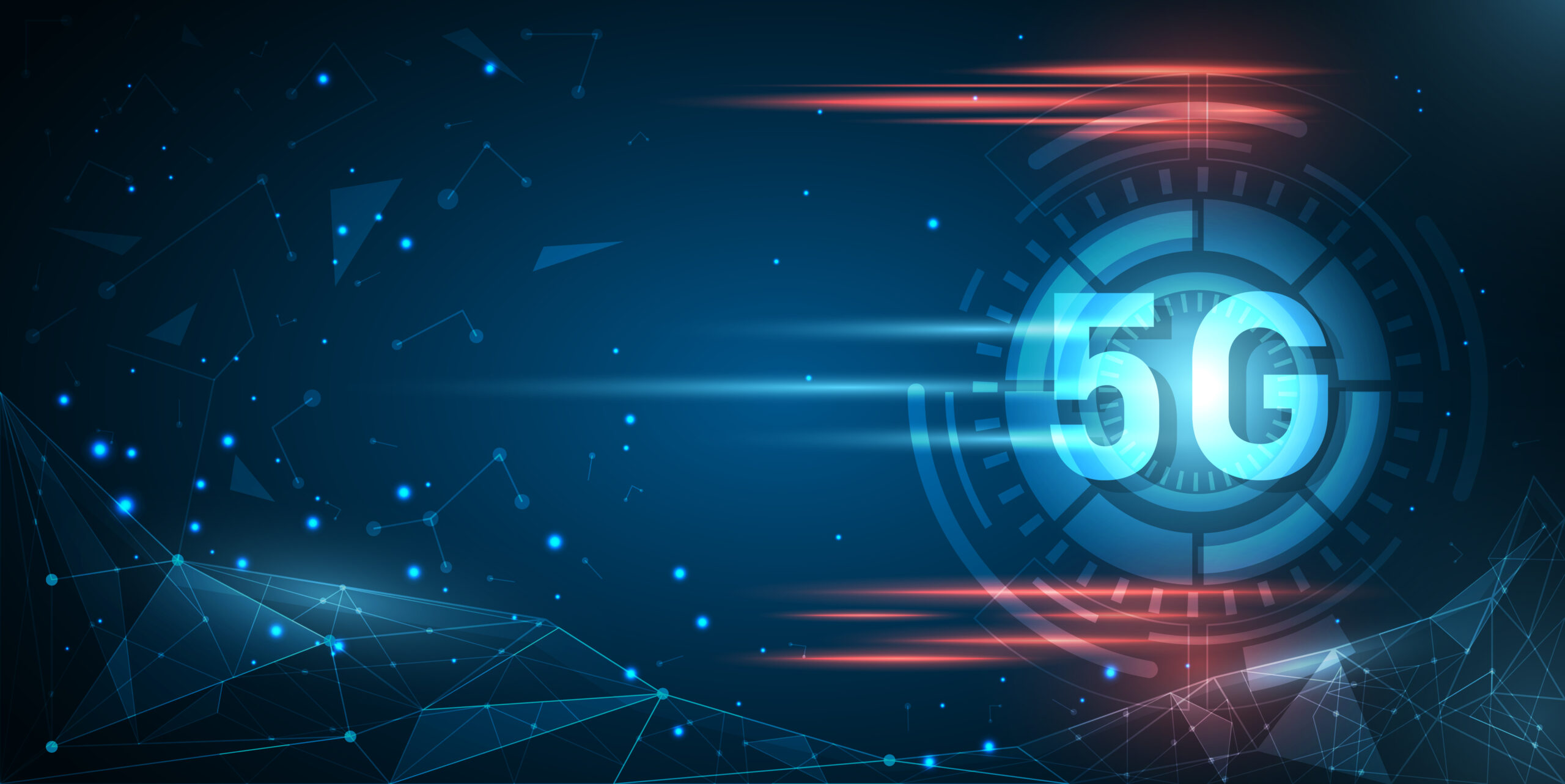As the world is moving towards a more connected future, the fifth-generation wireless network technology or 5G technology has emerged as a game-changer. 5G promises to transform the way businesses operate. With its faster speeds, greater capacity, lower latency, and improved connectivity, 5G technology is set to revolutionize the business landscape, offering numerous benefits to businesses across industries. In this article, we will explore the impact of this technology on businesses, the benefits it offers, and the challenges and risks that businesses may face as they adopt this new technology.
What is 5G Technology?
5G technology is the latest standard of wireless technology that promises to offer higher speed, greater capacity, lower latency, and increased connectivity than the previous generations of wireless networks. It uses a higher frequency spectrum, which allows for more data to be transmitted in less time, resulting in faster and more efficient communication.
Benefits of 5G Technology for Businesses
Faster Speeds: With 5G, businesses can expect to see significantly faster data transfer speeds, allowing for quicker response times and improved productivity. This will enable businesses to work more efficiently and effectively, reducing the time it takes to complete tasks and increasing overall productivity.
Greater Capacity:
5G technology can handle more devices and more data than its predecessors, which means businesses can connect more devices and transfer more data at once. This increased capacity will enable businesses to collect and analyze more data, leading to better decision-making.
Lower Latency:
This technology promises to significantly reduce latency or the time it takes for devices to communicate with each other. This will enable businesses to operate in real time, improving the speed and accuracy of decision-making.
Enhanced Connectivity:
5G technology provides better connectivity, especially in remote areas, allowing businesses to reach a wider audience and serve more customers. This will enable businesses to expand their operations and reach more customers, leading to increased revenue and growth.
Improved Customer Experience:
With faster speeds, greater capacity, lower latency, and enhanced connectivity, businesses can provide better customer experiences, leading to increased customer loyalty and satisfaction.

Industries that will Benefit from 5G Technology
Manufacturing:
Manufacturers can use real-time data to optimize production, reducing waste and increasing efficiency.
Healthcare:
It can enable remote surgeries and telemedicine, making healthcare more accessible and affordable for patients.
Transportation:
5G technology can enable self-driving cars and improve traffic management systems, making transportation safer and more efficient.
Retail:
Retailers can offer more personalized shopping experiences and improve inventory management, leading to increased sales and customer satisfaction.
Education:
It can enable remote learning and virtual classrooms, making education more accessible and affordable for students.
Challenges and Risks of 5G Technology:
Security Risks:
With more devices connected to the internet, the risk of cyber-attacks and data breaches increases significantly.
Infrastructure Upgrades:
It requires significant infrastructure upgrades, which can be costly and time-consuming.
Regulatory Challenges:
The deployment of 5G technology may face regulatory challenges and opposition from local communities.
Use of 5G technology in daily life:
5G technology has the potential to impact individuals in their day-to-day lives. With faster internet speeds, improved connectivity for mobile devices, and reduced latency, individuals will be able to enjoy seamless and high-quality experiences when browsing the internet, streaming videos, and playing games on their devices.
Additionally, It will enable the development and use of new IoT devices and services, such as smart home appliances and autonomous vehicles. This will further improve the convenience and comfort of individuals’ daily lives, allowing them to control their home appliances remotely, monitor their health and wellness, and travel safely and efficiently on the roads.
Conclusion
5G technology is set to revolutionize the business landscape, offering faster speeds, greater capacity, lower latency, and improved connectivity. The benefits of this technology will be felt across industries, including manufacturing, healthcare, transportation, retail, and education. However, the deployment of 5G may also face challenges and risks, including security risks, infrastructure upgrades, and regulatory challenges.

